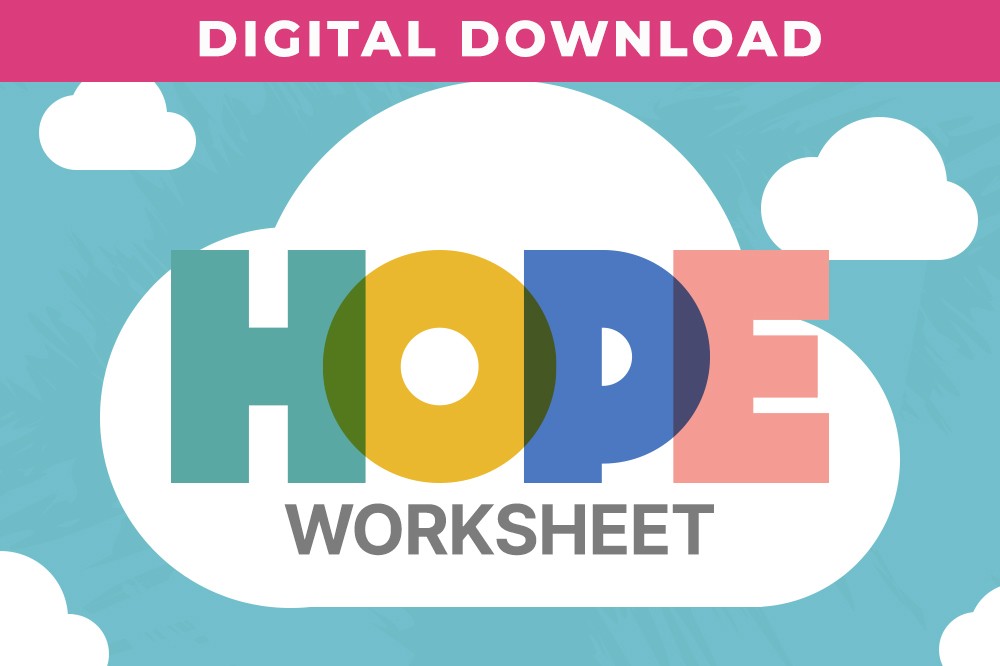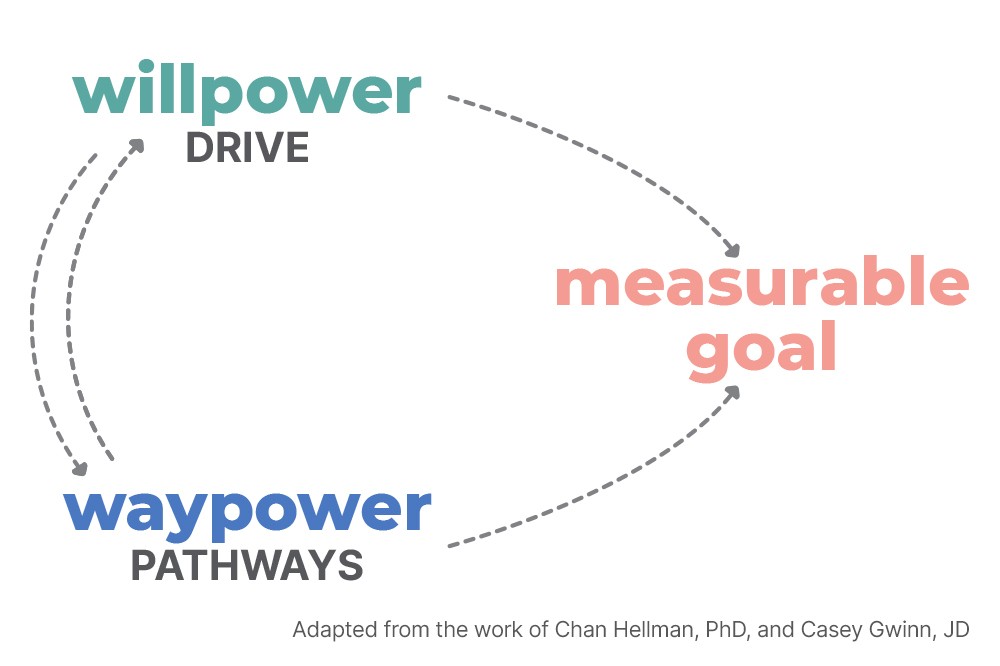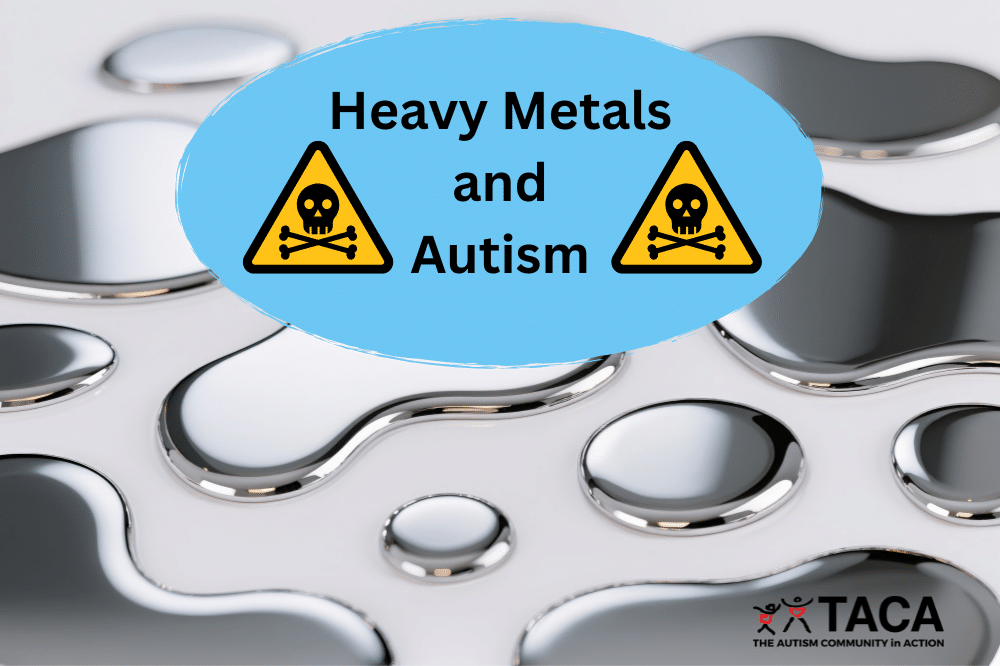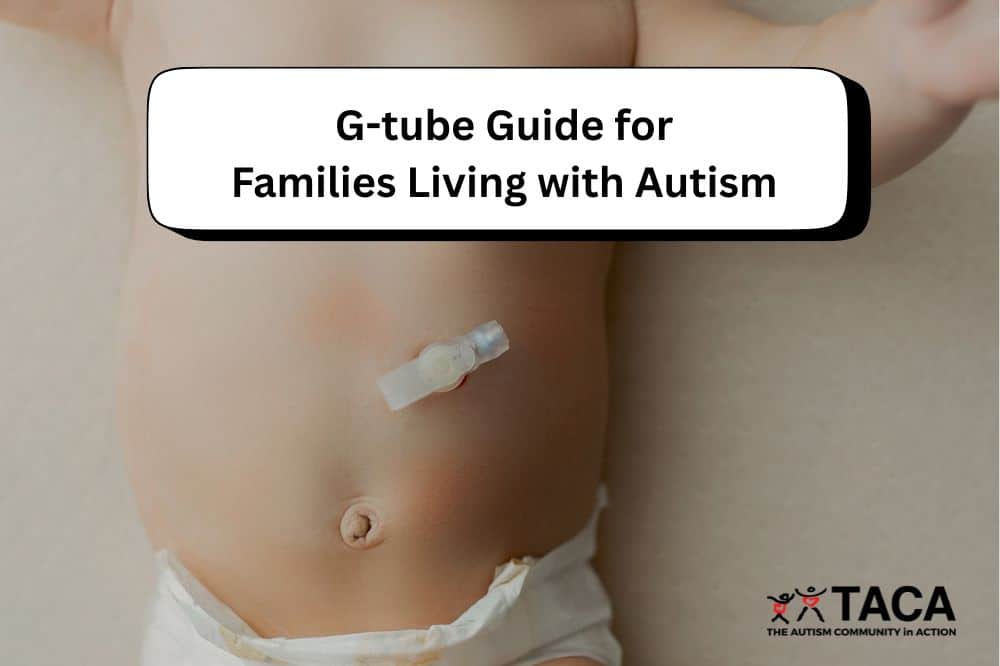Hope and Autism Parenting

All contents of this resource were created for informational purposes only and are not intended to be a substitute for professional advice, diagnosis, or treatment. Always seek the advice of your physician, therapist, or other qualified health providers with any questions or concerns you may have.
As families coping with an autism diagnosis, our journey is fueled by education, support, and hope. Often as parents, we become overwhelmed by the unpredictable nature of our circumstances. Suddenly, we have to adjust to a future that looks different than how we might have imagined it. Subsequently, parents of children with complex medical needs or disabilities, including autism, are more likely to report feeling chronic sorrow and are four times more likely to have PTSD when compared to parents of healthy children. For this reason, keeping ourselves grounded and focused on hope can guide us through very difficult challenges, ultimately moving us toward a healthy and fulfilling life for our children with autism.
Here’s a FREE worksheet to help you plan your goals and inspire hope! Just click the image below to download!

What is Hope?
“Hope is the bridge between the impossible & the possible.”
– Joseph Bellezzo, M.D.
- Hope is a verb; it is driven by action – and in fact, requires 3 things to exist
- A goal
- Willpower, or drive to reach that goal
- Waypower, or a pathway to reach that goal
- Hope is measurable for adults and children and has been validated.
- Hope is a science
- Hope is unique to the human mind. Interestingly, we are the only beings that can be both hopeful and future oriented.
What Hope is Not
“Hope has two beautiful daughters. Their names are Anger & Courage. Anger at the way things are, and Courage to see that they do not remain as they are.”
-Augustine of Hippo
- Hope is not simply an idea, emotion, or even a dream.
- Hope is not a wish or expectation.
- Hope is not optimism. While hope may increase optimism, optimism does not always increase hope.
- Hope is not self-efficacy. Therefore, being competent is not enough in the absence of drive or willpower.
Why is Hope Important?
“Hope is being able to see that there is light despite all of the darkness.”
– Desmond Tutu
- To begin with, hope keeps us healthy.
- Persistent high levels of stress can contribute to chronic disease including:
- Major depression
- Cardiovascular disease
- A weakened immune system
- Persistent high levels of stress can contribute to chronic disease including:
- In addition, hope helps us heal.
- Supporting positive emotions and encouraging hope are associated with better health outcomes, including:
- Better heart health
- Better controlled blood sugar
- Supporting positive emotions and encouraging hope are associated with better health outcomes, including:
- In fact, hope helps us combat chronic stress and promotes personal growth.
- When comparing parents with high and low levels of hope, parents with more hope are associated with:
- Better adaptation
- And a greater ability to cope with difficulties
- When comparing parents with high and low levels of hope, parents with more hope are associated with:

How Do We Cultivate Hope?
“Hope means, you can get there from here.”
-Rick Snyder, Ph.D.
- First, set ongoing, measurable goals.
- Next, nurture your willpower through community.
- Sharing your difficulties with others in a similar situation creates “linked lives”.
- As a result, these linked lives share messages of:
- Affirmation
- Confidence
- And emotional support
- Finally, build your waypower through education and resources
- This study of interviewed parents shows the crucial role other parents had in their journey.
- Other parents helped them:
- Pursue new pathways
- Navigate complex networks of information.
TACA as a Bridge – We Can Help!
“Once you find TACA, you are never alone.”
– TACA families
By all means, we want you to utilize TACA’s programs and services to help you find your HOPE. Please take advantage of our programs that will meet the needs of your family living with autism.
Check out TACA’s available programs and click to download the free interactive menu to learn more!




